Dear reader, help us understand your Nollywood preferences by filling out our audience survey—your input is invaluable and deeply appreciated! Click this link.
The EbonyLife and Netflix partnership has been one fraught with many announcements and few productions, with said productions never living up to their potential. The shows and films have high production value with convoluted stories, a sheen of excellence that dissolves under interrogation. Enter Baby Farm.
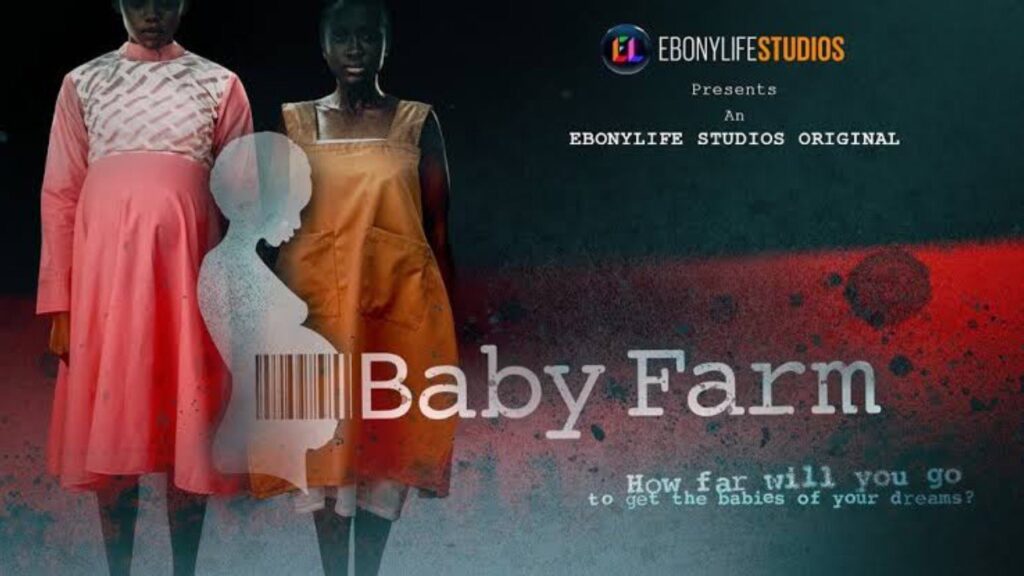
Arguably the best product of this collaboration, Baby Farm—a crime thriller rooted in the reality of Nigeria—follows Adanna, a pregnant woman who, after running away from home, unknowingly entrusts her pregnancy to a renowned NGO—The Evans Foundation—only to find out that things aren’t as good as they seem.
The bar this show had to scale was a pretty low one and it often scaled it. A focused story with not many detours and characters that we could feel complex emotions about but, like they say, the devil is in the details and this show seemed to ignore that. Early in the first episode, the foundation throws a banquet celebrating their accomplishments and we see a stage with a screen where a video is being played. It is very obvious that the screen was tacked on in post-production with no effort to blend it into reality.
It’s supposedly small issues like these that take you out of the story Baby Farm is trying to tell. Sometimes these things are easy to ignore—like the screen mentioned earlier—but other times they compromise the story. When Adanna (Onyinye Odokoro) and Ebun (Genoveva Umeh) are trying to escape, you can clearly see a camera behind them which is conveniently never shown as part of the security sweep the guards do. This is an example of the barrier that keeps the show from reaching excellence.
Fortunately, this barrier is better cleared by the acting performances in this show. Onyinye Odokoro (Princess on a Hill) suffers through a series of unfortunate events and takes you on a journey of pity, anger, fear and frustration; the physical transformation required for this role is matched by every acting choice she makes bringing you closer to the character. Genoveva, sharing scenes with Onyinye, often matches her intensity giving complexities to her character’s imprisonment cloaked as protection but sometimes falls into a monotone expression of widened eyes and tears. The scene where Adanna tries to convince her that there is more outside the foundation is stellar. The clash of Adanna’s hope and resolve with her brokenness serves to give depth to their relationship dynamic and helps you know who these characters are.
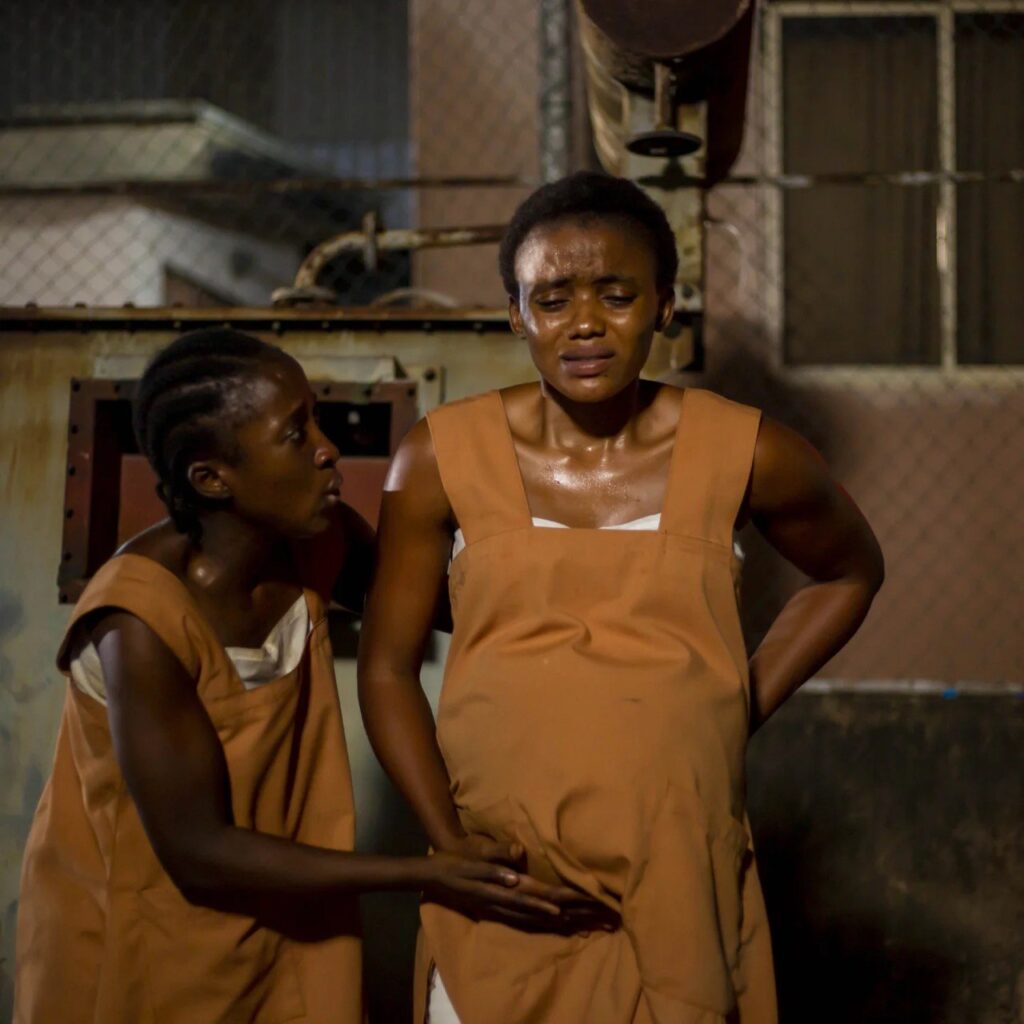
This characterization offered to Adanna and Ebun is, sadly, offered in crumbs to the rest of the cast. Rita Dominic (La Femme Anjola), playing an actress who wants to have children by any means possible, sometimes falls into a caricature—she becomes almost unable to function at the sight of a baby—with no steady defining motivations. Folu Storms (Crime and Justice Lagos) plays Joy, a brash journalist who violates every ethical standard to push the dramatics of the story forward and then falls off with no real connection to the viewer and even the people in the story.
Langley Kirkwood and Jenny Stead—as the overseers of the NGO— play an evil couple exploiting the corruption and desperation of a rotten society, but beneath that lies an interesting duality and an unexplored racial component their whiteness brings. We see her kneeling in prayer in one scene before her husband comes into the tiny chapel to apologize for hitting her in front of the staff, this is a microcosm of their relationship. Stead acts out a facade of innocence and care, almost like a self-deception to recuse her from her husband’s more callous cruelty. She is oppressed in some small way that it seems she can escape from but the gains from exploiting other women far outweigh whatever she might be enduring at the hands of her husband. Maybe for lack of time or focus on the two main characters, we do not really get a history of this duality and how it gets to what we see in the show.
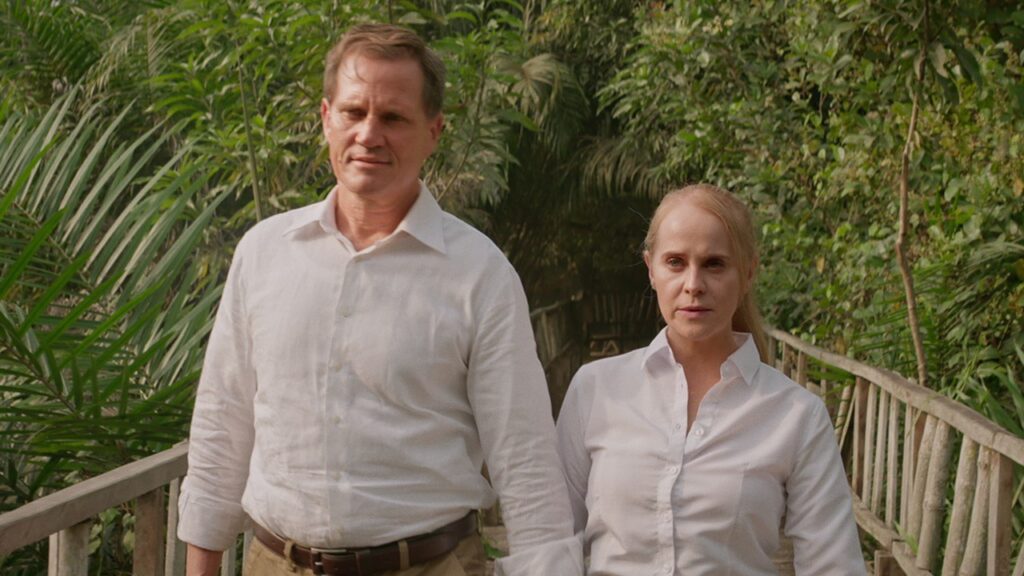
With direction from Walter “Waltbanger” Taylaur (A Sunday Affair) and Kayode Kasum (Afamefuna), the episodes follow a trend seen in one of Walter’s features, Jolly Roger, where he plays with mirrors as a way to set his scenes and show his characters. This time, he adds the security cameras to his repertoire, setting scenes in the digital green of the cameras before transforming them into real life. It is sometimes overused—with the camera whirring sound effect losing potency but adds some interesting texture to the directing.
The show concludes after five episodes and some clumsy writing (by Darrel Bristow-Bovey)— including information dump-style dialogue littered around the first episode—with two violent showdowns, the first of which, occurring just before the climax, holds more potency. With bated breath, you watch as escape is at the fingertips of Eniye (played by Maggie Osuome)—a character that moves from background to foreground in the final two episodes—and Adanna but their hope is quickly turned to horror. The scene capitalizes on the stubbornness of Adanna and will leave you frustrated and angry which is its greatest strength.
In the end, Baby Farm has, in a way, rescued the Netflix and EbonyLife collaborations—not because it delivers revolutionary television, but because it largely stays within the guardrails of solid TV storytelling. That restraint, however, may also be what caused the show to leave some things behind.
Baby Farm premiered on Netflix March 21
Become a patron: To support our in-depth and critical coverage—become a Patron today!
Join the conversation: Share your thoughts in the comments section or on our social media accounts.
Track Upcoming Films: Keep track of upcoming films and TV shows on your Google calendar.
Side Musings
- Folu Storm’s character buying suya during the day immediately threw me off.
- Are there no metal detectors in the hotel in the last episode?
- God needs to judge that boy that got Adanna pregnant because I was really hoping he’d show up in some way.
UPDATE (9/4/2025): Eniye played by Maggie Osuome is corrected and replaces the previously mentioned Comfort played by Uzoamaka Onuoha.

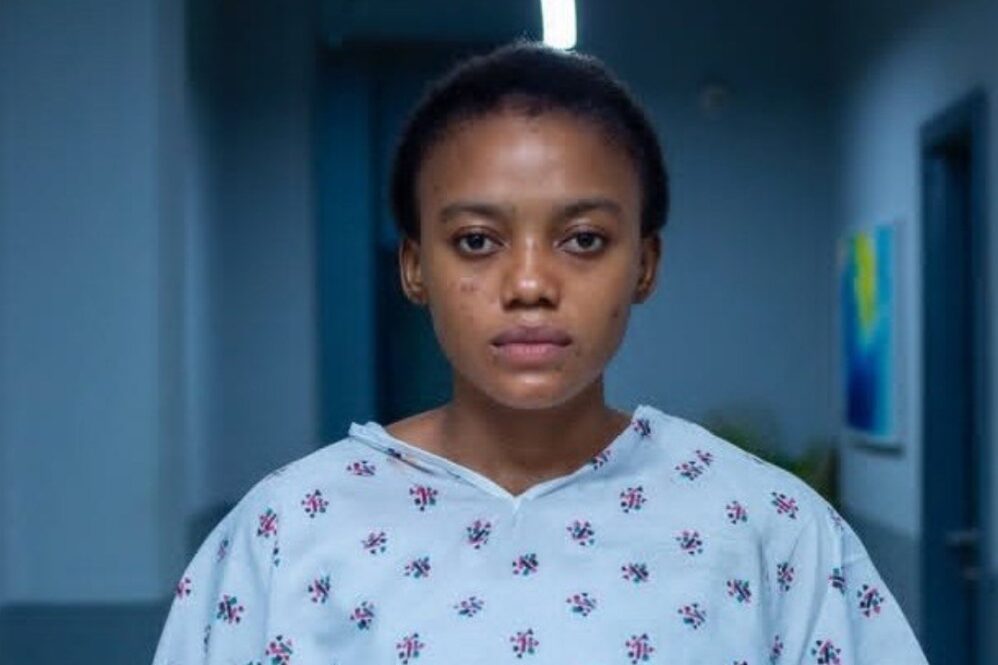
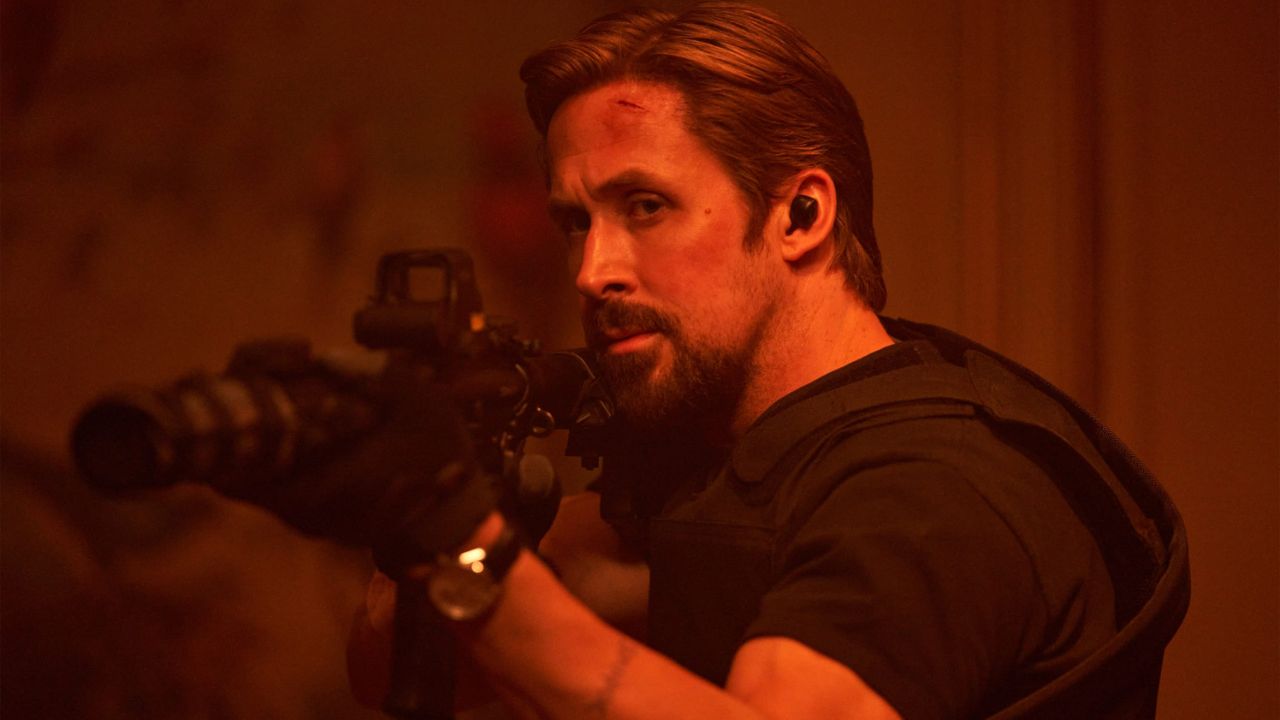

it was traumatic and provocative watching, gave the sense of history repeating itself